








In a fast-changing world, CAPRI’s research is at the forefront of building resilience through innovative public policy.
Three years after the world was first shaken by the COVID-19 pandemic, governments, businesses, and the public are attempting a return to normalcy. As a post-pandemic mindset takes hold in policy communities, the Asia-Pacific region is poised to contribute to these efforts by sharing its successes, failures, and learnings across public health, economic dynamism, talent circulation, and sustainable growth.
Insights from former Prime Minister Malcolm Turnbull of Australia.
A conversation between Malcolm Turnbull and Premier Chen Chien-jen
Experts from Asia, Europe, and North America consider the role of think tanks in an era of uncertainty.
How can investment in health drive economic growth in the Asia Pacific?
Experiences from Temasek Holdings, TSMC, and higher education for the future of work.
Asia-Pacific scholars discuss improving health and environmental outcomes for future generations.
Shangri-La Far Eastern Plaza Hotel
No. 201, Section 2, Dunhua South Road, Taipei City, 106
As populism is on the rise from the United States and Europe to the Asia Pacific, many fear that it presents a serious challenge to democratic institutions. The COVID-19 pandemic, climate change, and other crises have shown that for democracies to be resilient to shocks, they need both good governance and public support. Malcolm Turnbull will consider how democratic leadership can maintain public trust, enhance resilience, and improve political institutions to avoid democratic backsliding.
Think tanks have a long history in informing policy makers and leaders. As information, opinions, and research become more accessible than ever before, what role does the think tank play in shaping public policy and enhancing resilience? Experts with experience leading major think tanks in Asia, Europe and North America will consider the role think tanks can play in explaining the major challenges of our time.
The COVID-19 pandemic has been a wake-up call for many reasons, not least of which is the realization that a healthy population is essential for a prosperous and resilient economy. Moving forward, investment into public health should be considered an essential part of a growing economy. As part of CAPRI’s work in the Partnership for Health System Sustainability and Resilience with the World Economic Forum to assess health systems resilience in the Asia Pacific, panelists from Hong Kong and China, Singapore, South Korea, and the United States will provide insights on how improvements to public health and the economy can sustain each other.
Resilience and innovation in the Asia Pacific depend on the skills and mobility of its current and future talent. How can the region nurture and retain its workers, promote talent circulation, and ensure students receive the education required to thrive? As concerns rise about industry decoupling, population decline, and the future of global work, are the region’s companies, universities, and workers ready for the new economy?
What are the key challenges in addressing the interconnectedness of public health and the environment? Does a One Health approach provide us with a suitable framework to tackle the dual climate and health challenges? As part of CAPRI’s work in the Partnership for Health System Sustainability and Resilience and the World Economic Forum to assess health systems resilience in Asia Pacific, experts from Malaysia, the Pacific Islands, Taiwan, and global health organizations will consider how efforts to prevent climate crises can offer improved health security for future generations.
As former Minister of Health, Chen Chien-jen focused on building and maintaining a robust, adaptive health system in Taiwan, one that emerged from the SARS epidemic stronger and more resilient to shocks. The benefits of those actions taken nearly two decades ago have been felt during the COVID-19 pandemic, but healthcare is only one facet of a resilient society. Premier Chen will be joined by Malcolm Turnbull, both founding members of the Reform for Resilience Commission for which CAPRI serves as the Asia-Pacific hub, to consider how resilience can be infused into public services, benefiting the public on a day- to-day basis and at times of crisis, drawing on their experiences working in several ministries and the prime ministerial offices of their countries.

As populism and division gain traction worldwide, Malcolm Turnbull, Chair of the CAPRI International Advisory Council and former Prime Minister of Australia, highlighted the importance of democratic societies coming together to overcome challenges and find effective solutions.
MoreResilience not only encompasses the economic realm but also has social, environmental, and infrastructure dimensions. While governments are responsible for building resilience, the role of communities and civil society cannot be overlooked. As key players in shaping and driving effective policies, how can think tanks contribute to building a more resilient future?
MoreThe Covid-19 pandemic has shaken the world. As the crisis unfolded, the world learned that pandemics are not merely public health concerns but pressing challenges that demand collective action by the public and private sectors plus diverse fields of expertise. How can societies become more resilient to health and economic threats?
MoreIn a rapidly changing world, visionary leaders must prioritize innovation and cultivate talent to enhance global competitiveness. How can they reimagine next-generation education that promotes critical thinking and an entrepreneurial spirit? Doing so can nurture a diverse pool of individuals ready to drive innovation and shape a prosperous future.
MoreAs the effects of climate change intensify, the health care system finds itself caught between being a “victim” and a “perpetrator” of the crisis. How can the health care system effectively reconcile the conflicting demands of safeguarding both human well-being and the environment?
MoreFrom the pandemic to the war in Ukraine and the escalating effects of climate change, uncertainty the rise of unexpected challenges has become an undeniable global reality. No single country can effectively tackle these challenges in isolation. How do we adapt together to such tumultuous change? Premier Chen Chien-Jen and Malcolm Turnbull shared how Taiwan’s experience can be a beacon of learning for the Asia-Pacific region and beyond.
More